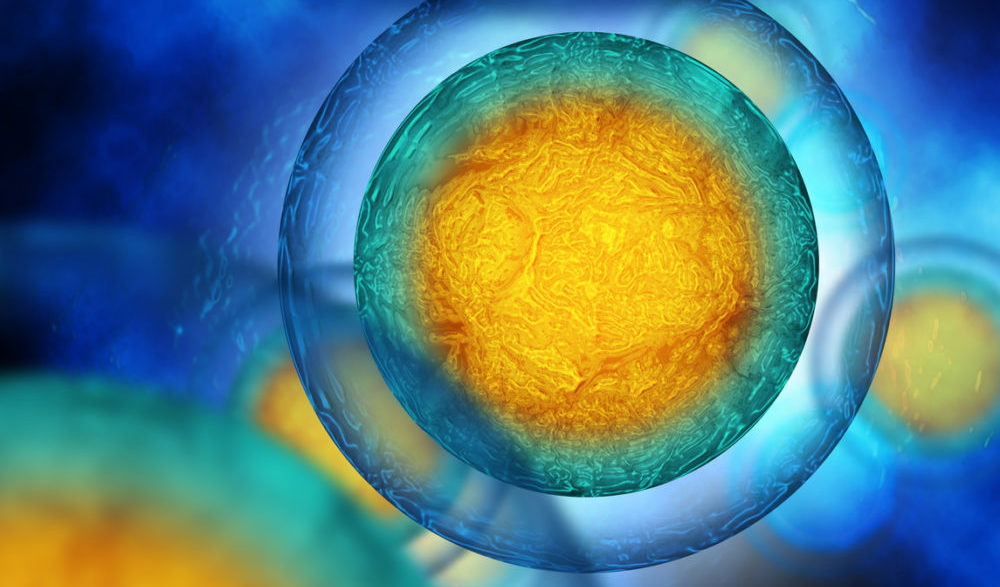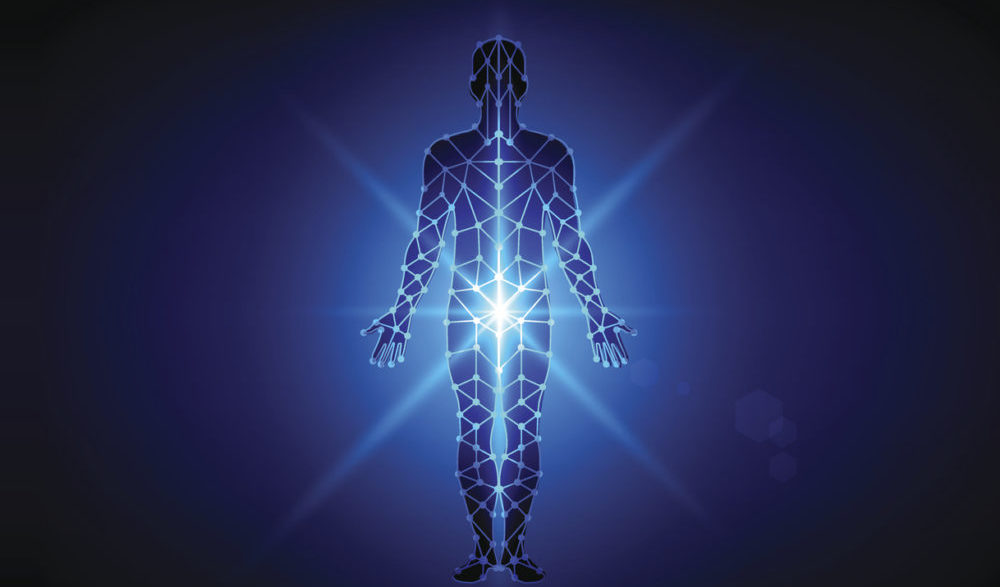
Overview
Our cells have specialized receptors to recognize various substances. When the body identifies a substance, it decides whether to use, absorb, reject, fight, or store it. When it cannot identify a substance, it treats it as a potentially harmful invader. Energy medicine helps the body regain its balance and tell good substances from bad ones. Once it distinguishes harmless substances from dangerous ones, the body can heal itself and end unpleasant symptoms.
Note: We do not in any way claim to diagnose or treat allergies.

Balance
Our bodies have an innate ability to balance and regulate, a process known as homeostasis. The body must constantly balance PH, temperature, sugar, blood pressure, and electrolyte levels, though stress can sometimes get in the way. Current World Health Organization (WHO) data state that 90% of illness and diseases are caused by stress. Each day, millions of people take medication for stress-related issues.

Stress
The pressures of modern society expose us to stress on a constant basis, sometimes leading to illness and disease. The body makes great efforts to adapt. But if we are sensitized to a substance through over-exposure or saturation, it may see the substance as a threat and start reacting to it.

Allergies
Medical science defines an allergy as an abnormal immune system response to a substance normally seen as harmless.
This is always due to mistaken identity. The body attacks and destroys invading pathogens like bacteria, viruses, toxins, and parasites. However, the immune system sometimes mistakes harmless material (pollens, dusts, grasses, animal dander, molds, foods, etc.) for pathogens and rejects them.

Intolerance
An intolerance is an abnormal reaction to a substance where the immune system is not involved. If the rejected substance is eliminated through the intestinal tract, symptoms may include flatulence, cramps, abdominal bloating, or loose stool. If it is eliminated through the urinary system, symptoms may include frequent or urgent urination or nocturia (nightly urination). If it is eliminated through the skin, symptoms may include rashes, hives, eczema, psoriasis, or body odour. And if it is eliminated through the respiratory system, symptoms may include sinus congestion, runny nose, sore throat, sneezing, wheezing, or asthma.

Bioenergetics
From a holistic standpoint we prefer the term sensitivity, which describes a bioenergy counter-reaction to a substance that leads to an abnormality or pathology. The term includes any allergy, intolerance, resistance, or delayed or cumulative response the body may have to a given substance. Did you know you can be sensitive or resistant to substances produced by your own body (hormones, enzymes, neurotransmitters, minerals, vitamins, etc.)? We all know insulin resistance can lead to diabetes. But did you know that hormone sensitivity can cause hot flashes? That neurotransmitter resistance might explain your ADHD? Or that iron intolerance can result in anemia?

